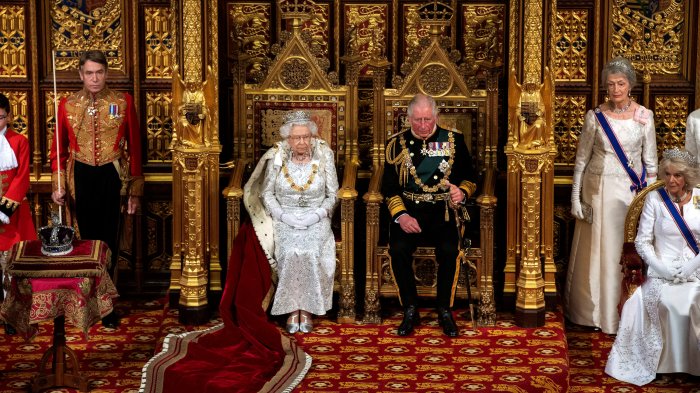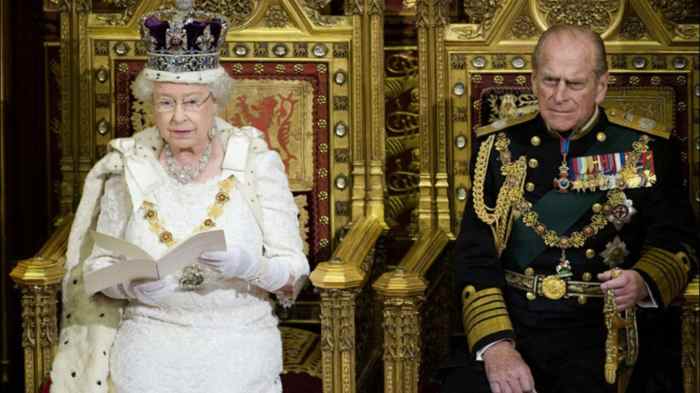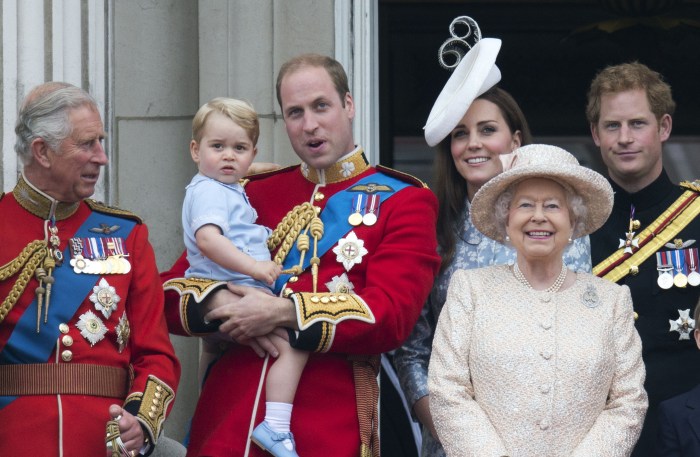A political region ruled by a monarch – Monarchy, a political system characterized by the rule of a single individual, the monarch, has existed throughout history and continues to captivate our attention today. From ancient empires to modern constitutional monarchies, monarchies have played a significant role in shaping societies and influencing global affairs.
In this comprehensive exploration, we delve into the intricacies of monarchies, examining their historical evolution, political structures, social and economic implications, and their relevance in contemporary society. Through a comparative analysis with other forms of government, we aim to shed light on the strengths, weaknesses, and enduring legacy of monarchies.
Monarchies: Definition and Characteristics
A monarchy is a political system in which a single person, the monarch, holds the highest authority and power within a political region. Monarchies have existed throughout history and continue to be present in various forms around the world. Key characteristics of monarchies include:
- Hereditary succession:The monarch’s position is typically inherited through bloodline or lineage, with the crown passing from one ruler to another within a specific family.
- Sovereignty:The monarch is considered the supreme authority within the political region, possessing ultimate power and decision-making authority.
- Symbolism and legitimacy:Monarchs often serve as symbols of national unity, embodying the traditions and heritage of their people.
Monarchies can be classified into different types based on the extent of the monarch’s power:
- Absolute monarchy:The monarch holds absolute authority, with no constitutional or legal limits on their power.
- Constitutional monarchy:The monarch’s power is limited by a constitution or other legal framework, with power shared with other political institutions.
- Parliamentary monarchy:The monarch’s role is largely ceremonial, with the real power resting with the parliament or prime minister.
Political Structure and Governance in Monarchies

The role of the monarch in governing a political region can vary significantly depending on the type of monarchy. In absolute monarchies, the monarch has unchecked authority and governs without any formal constraints. In constitutional monarchies, the monarch’s power is limited by a constitution or other legal framework, and they typically share power with other political institutions such as parliaments or advisory councils.
In parliamentary monarchies, the monarch’s role is largely ceremonial, with the real power resting with the prime minister or parliament. The monarch may still have some influence on policy formation and decision-making, but their role is primarily symbolic and representative.
The power dynamics between the monarch and other political institutions can be complex and vary depending on the specific constitutional arrangements and political culture of the country. In some cases, the monarch may have a significant influence on policy formation, while in others, their role may be more limited.
Social and Economic Implications of Monarchies: A Political Region Ruled By A Monarch
Monarchies can have significant social and economic implications within the political regions they govern. The presence of a monarchy can influence social stratification and class structures, as well as the economic policies and practices implemented by the government.
In some monarchies, the royal family and aristocracy may hold significant wealth and privilege, leading to a hierarchical social structure. In other cases, the monarchy may play a role in promoting social welfare and economic development.
The economic policies implemented under monarchical rule can vary widely depending on the specific country and time period. Some monarchies have adopted free market principles, while others have implemented more interventionist policies.
Historical Evolution and Modern Transformations of Monarchies

Monarchies have undergone significant historical evolution over time. In ancient times, monarchies were often absolute, with the monarch holding unchecked authority. Over time, constitutional monarchies emerged, limiting the power of the monarch and introducing democratic elements into the political system.
In the modern era, monarchies have continued to adapt and transform to remain relevant in a changing world. Some monarchies have become more symbolic and ceremonial, while others have retained a more active role in governance.
Factors that have led to the decline or abolition of monarchies in some regions include the rise of democracy, nationalism, and republicanism. Monarchies have also faced challenges from social and economic changes, such as the industrial revolution and the spread of egalitarian ideas.
Comparative Analysis of Monarchies and Other Political Systems

Monarchies can be compared and contrasted with other forms of government, such as republics, democracies, and dictatorships. Each system has its own strengths and weaknesses, and the suitability of a particular system depends on the specific historical, cultural, and political context.
Monarchies offer potential advantages such as stability, continuity, and a sense of national identity. However, they can also be criticized for lacking democratic accountability and perpetuating social inequality.
Ultimately, the effectiveness of a monarchy depends on the specific constitutional arrangements, political culture, and leadership of the country.
FAQ Section
What is the difference between an absolute and a constitutional monarchy?
In an absolute monarchy, the monarch holds absolute power, while in a constitutional monarchy, the monarch’s powers are limited by a constitution and other political institutions.
How do monarchies impact social stratification?
Monarchies can reinforce social hierarchies by creating a nobility or aristocracy with privileged status and access to power.
What are the advantages of a monarchy?
Monarchies can provide stability, continuity, and a sense of national identity. They can also serve as a symbol of unity and tradition.